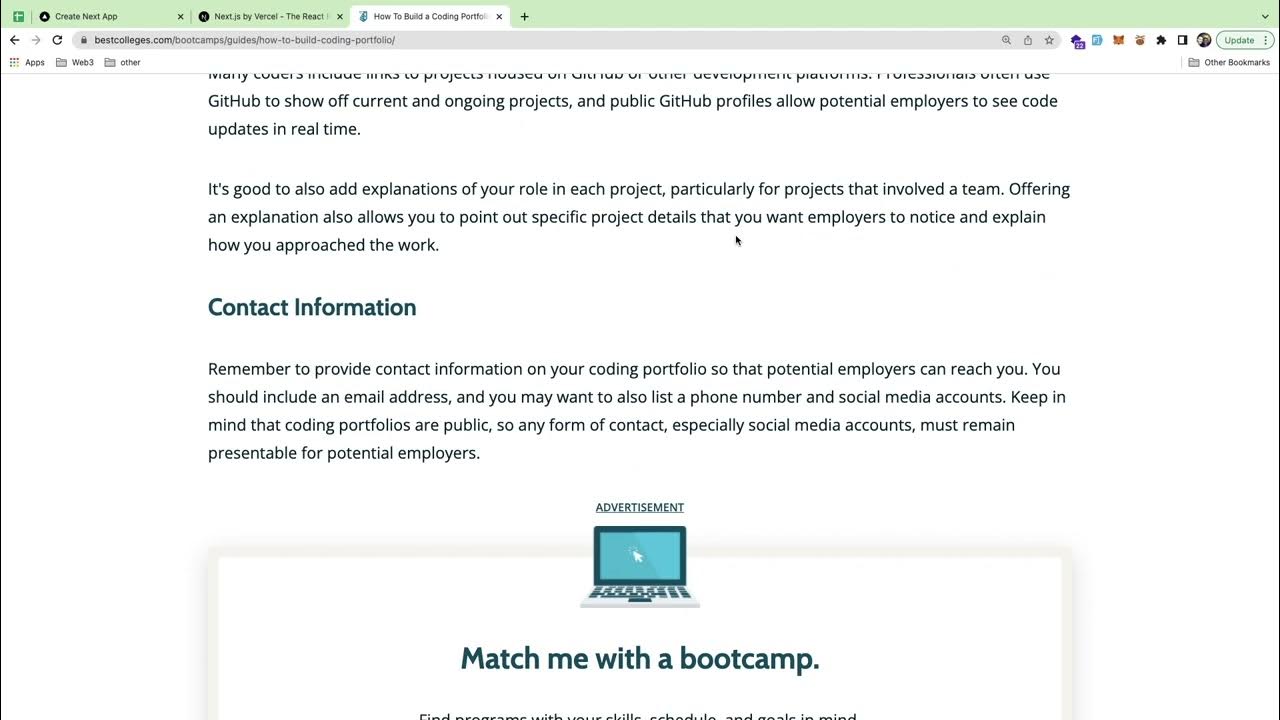Straight Talk from Fellow Students
Summary
TLDRThe video transcript offers heartfelt advice for students embarking on science projects, emphasizing the importance of pursuing genuine interests to make the process enjoyable and manageable. It encourages starting small, conducting thorough research, and being persistent despite challenges. The script also highlights the value of collaboration, learning from experts, and the excitement of discovery. It inspires students to be curious, try new things, and never give up on their scientific endeavors.
Takeaways
- 😀 Pursue a subject you are passionate about and enjoy the process, as success will follow.
- 📚 Don't let uncertainty hold you back; be prepared and knowledgeable in your chosen field.
- 🔬 For first-time science fair participants, choose a project based on personal interest to make the process easier and more enjoyable.
- 🤝 Work with others in institutes or universities to gain valuable insights and experiences not taught in school.
- 📧 Reach out to Outreach coordinators in institutions for guidance and support in your scientific endeavors.
- 🔍 Conduct thorough research and become comfortable with your subject matter before starting a project.
- 💾 Patience is key, especially when dealing with data collection and the unpredictability of scientific outcomes.
- 👥 Choose your project partners wisely and ensure both parties are committed to working together.
- 🧐 Be open to others' opinions and consider them in your project to foster a collaborative environment.
- 🦗 Embrace the opportunity to learn from unique experiences, even if they involve stepping out of your comfort zone.
- 🌟 Stick with your project even if it seems small or the results are not immediately impressive; persistence leads to discovery and enthusiasm.
- 🔁 Never give up and continue questioning; the process of research and exploration is valuable for personal growth.
Q & A
What advice does the speaker give to students about choosing a subject for their project?
-The speaker advises students to choose a subject they are really passionate about, as it makes it easier to start, continue, and excel in the project.
How does the speaker address the fear and uncertainty that students might feel about science fair projects?
-The speaker encourages students not to let uncertainty stop them and to have fun, as the rest will follow when they choose a topic of interest.
What is the speaker's suggestion for freshmen who are new to science projects?
-The speaker suggests that freshmen should find something they love and stick to it, regardless of the difficulty, because their love for the subject will make the process enjoyable.
Why does the speaker emphasize the importance of starting with a manageable project?
-The speaker believes that starting with a manageable project allows students to build confidence and gradually progress to more complex projects without becoming overwhelmed.
What role does the speaker see for institutes or universities in helping students with their projects?
-The speaker sees institutes and universities as valuable resources where students can learn from experts and gain insights that are not typically covered in school.
How does the speaker recommend students get started with their project research?
-The speaker recommends doing a lot of research, getting familiar with the subject, and becoming comfortable with the topic before proceeding with the project.
What is the speaker's advice on handling the challenges of data collection in a science project?
-The speaker advises patience, especially in data collection, and understanding that the process may not always go as planned.
What is the speaker's view on choosing a project partner?
-The speaker advises to choose a partner carefully, ensuring both are willing to work together, and to avoid one person doing all the work while the other slacks.
Why does the speaker encourage students to expose themselves to different areas of science?
-The speaker believes that exposure to different areas of science helps students to learn as much as they can and to develop a love for the subject.
What does the speaker suggest for students who are just starting out in science projects?
-The speaker suggests sticking with it because it's worth it in the end, as finding something new can be exciting and can foster enthusiasm for the subject.
What is the speaker's final piece of advice for students who may not want to pursue research?
-The speaker advises students to give research a try and to execute their ideas to the fullest extent, as it can lead to learning more about both the project and themselves.
Outlines

Esta sección está disponible solo para usuarios con suscripción. Por favor, mejora tu plan para acceder a esta parte.
Mejorar ahoraMindmap

Esta sección está disponible solo para usuarios con suscripción. Por favor, mejora tu plan para acceder a esta parte.
Mejorar ahoraKeywords

Esta sección está disponible solo para usuarios con suscripción. Por favor, mejora tu plan para acceder a esta parte.
Mejorar ahoraHighlights

Esta sección está disponible solo para usuarios con suscripción. Por favor, mejora tu plan para acceder a esta parte.
Mejorar ahoraTranscripts

Esta sección está disponible solo para usuarios con suscripción. Por favor, mejora tu plan para acceder a esta parte.
Mejorar ahoraVer Más Videos Relacionados

5 MUST HAVES FOR DOING A PhD IN COMPUTER SCIENCE

How to start Coding in 1st Year? for College Students | Tech Internship/Placement

JURUSAN IPA ATAU IPS ?? WAJIB NONTON BUAT KAMU YANG MAU MASUK SMA

Why I suggest building a full stack application when learning to code

Do these 6 extracurriculars and thank me later

What an MIT Admissions Officer Really Looks For | Massachusetts Institute of Technology
5.0 / 5 (0 votes)
